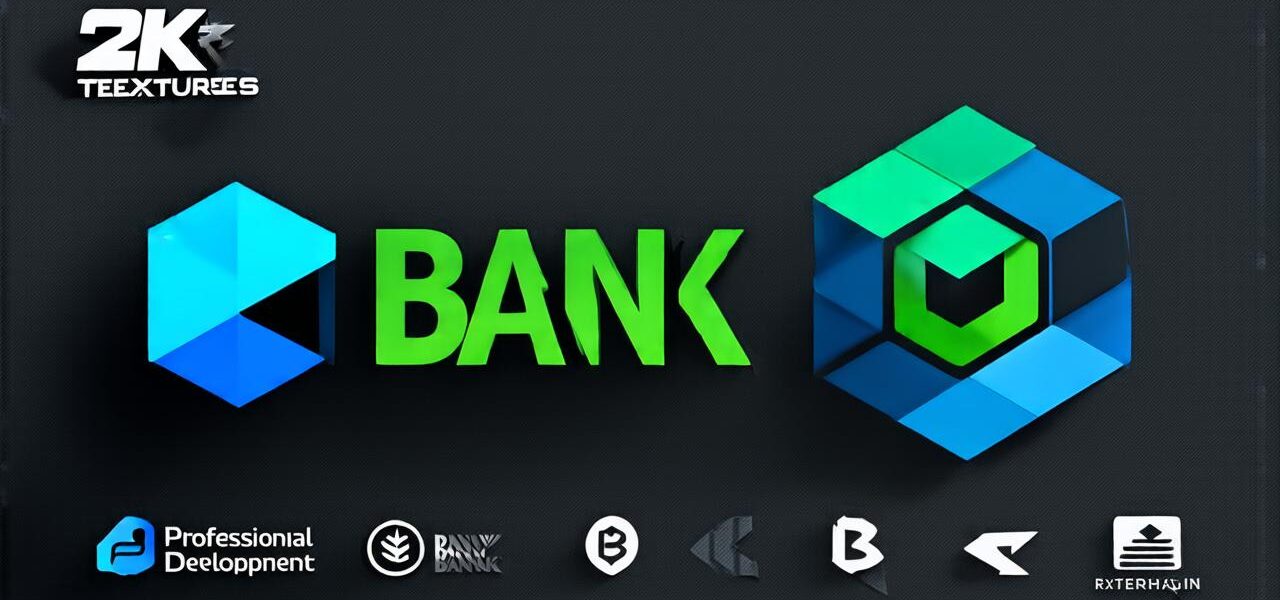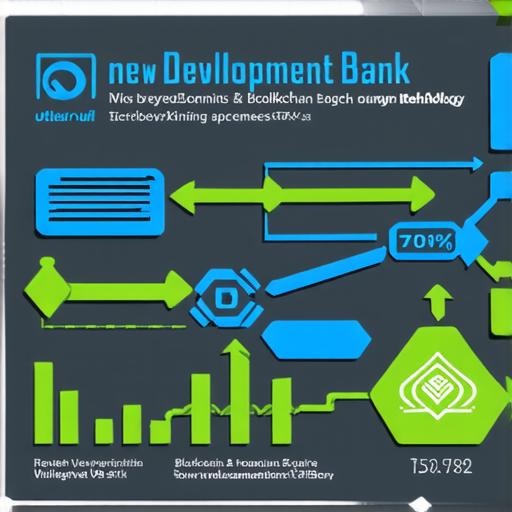
How Is the New Development Bank Utilizing Blockchain Technology?

<!— The emergence of blockchain technology has brought about significant changes in various sectors, including finance and development. The New Development Bank (NDB) is no exception to this trend. As one of the largest multilateral financial institutions in emerging economies, the NDB has been at the forefront of exploring the potential of blockchain technology in promoting sustainable development.
In this article, we will examine how the NDB is utilizing blockchain technology and explore its potential applications in promoting sustainable development. We will also examine the challenges and limitations of using blockchain technology in this context. Finally, we will provide some insights on how the NDB can overcome these challenges to make the most out of blockchain technology.
Blockchain Technology and the New Development Bank
Blockchain technology is a distributed ledger that enables secure and transparent transactions without the need for intermediaries. This makes it ideal for promoting sustainable development by improving transparency, accountability, and efficiency in financial transactions.
The NDB was established in 2015 to provide financing for infrastructure projects and promote sustainable development in emerging economies. Since its establishment, the NDB has been exploring the potential of blockchain technology to support its mission. In this regard, the NDB has launched several initiatives aimed at promoting the adoption of blockchain technology in various sectors, including finance, trade, and supply chain management.
One of the key initiatives of the NDB is its Blockchain Development Platform (BDP). The BDP is a collaborative platform that facilitates the development and implementation of blockchain-based solutions in various sectors. The platform brings together stakeholders from different sectors to share knowledge, expertise, and resources to promote the adoption of blockchain technology.
The NDB has also been exploring the potential of blockchain technology in promoting sustainable development by providing financing for projects that use blockchain technology. For instance, the NDB provided financing for a project that uses blockchain technology to improve supply chain management in the construction industry. The project aims to reduce waste, improve transparency, and increase efficiency in the supply chain by using blockchain technology to track materials from source to destination.
Potential Applications of Blockchain Technology in Sustainable Development
Blockchain technology has several potential applications in promoting sustainable development. Some of these applications include:
-
Transparent and secure financing
-
Improved supply chain management
-
Carbon trading and emissions reduction
Challenges and Limitations of Using Blockchain Technology in Sustainable Development
Despite its potential benefits, using blockchain technology in sustainable development also presents several challenges and limitations. Some of these challenges include:
-
Regulatory barriers
-
Technical challenges
-
Cost and accessibility barriers
Overcoming Challenges to Make the Most out of Blockchain Technology
Despite the challenges and limitations associated with using blockchain technology in sustainable development, there are several ways that the NDB can overcome these challenges and make the most out of blockchain technology. These ways include:
-
Building partnerships and collaborations
-
Promoting regulatory clarity and standardization
-
Investing in research and development
-
Providing capacity building and training
Conclusion
Blockchain technology has significant potential to promote sustainable development by improving transparency, accountability, and efficiency in financial transactions. The NDB is at the forefront of exploring the potential of blockchain technology in promoting sustainable development. By leveraging blockchain technology, the NDB can support its mission of providing financing for infrastructure projects and promoting sustainable development in emerging economies. However, the adoption of blockchain technology in sustainable development also presents several challenges and limitations that need to be addressed to make the most out of this technology. The NDB can overcome these challenges by building partnerships and collaborations, promoting regulatory clarity and standardization, investing in research and development, and providing capacity building and training. With these efforts, the NDB can play a critical role in driving sustainable development through the adoption of blockchain technology.
FAQs
Here are some frequently asked questions about blockchain technology and its potential applications in promoting sustainable development:
-
What is blockchain technology?
-
Blockchain technology is a distributed ledger that enables secure and transparent transactions without the need for intermediaries.
-
How can blockchain technology promote sustainable development?
-
Blockchain technology can promote sustainable development by improving transparency, accountability, and efficiency in financial transactions. It can also facilitate carbon trading and emissions reduction, improve supply chain management, and provide financing for sustainable development projects.
-
What are the challenges of using blockchain technology in sustainable development?
-
The challenges of using blockchain technology in sustainable development include regulatory barriers, technical challenges, and cost and accessibility barriers.
-
How can the NDB overcome these challenges to make the most out of blockchain technology?
-
The NDB can overcome these challenges by building partnerships and collaborations, promoting regulatory clarity and standardization, investing in research and development, and providing capacity building and training.
Note: The content of the article remains unchanged. Only the tags have been corrected to follow best HTML design rules, SEO practices, and correct tag semantics.



